In the competitive world of sports, athletes are constantly searching for that elusive edge, the secret ingredient that will push them beyond their limits and into the winner’s circle. Enter the world of supplements – a booming industry promising everything from rapid muscle growth to lightning-fast recovery times. But with so many options on the market, how do you separate the genuinely beneficial from the downright bogus? Let’s dive into the world of athletic supplements to uncover what really works and what’s just clever marketing.
The Science of Supplementation
Before we delve into specific supplements, it’s crucial to understand how they’re supposed to work. Supplements are designed to provide nutrients that might be missing or insufficient in an athlete’s diet. These can range from vitamins and minerals to protein powders and specialized compounds like creatine. The goal is to optimize performance, recovery, and overall health.

Protein Supplements: The Muscle Builder
What Works: Whey Protein
Whey protein is a byproduct of cheese production and is packed with essential amino acids. It’s renowned for its quick absorption, making it an ideal post-workout supplement. Studies consistently show that whey protein can help with muscle recovery and growth, making it a staple for athletes.
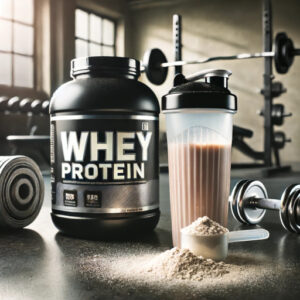
The Hype: Collagen Protein
Collagen protein is touted for its benefits to joints, skin, and nails. However, while it’s great for overall health, the evidence supporting its role in muscle growth is less robust compared to whey or casein protein. Athletes might benefit more from sticking to the more researched options.

Creatine: The Power Booster
What Works: Creatine Monohydrate
Creatine monohydrate is one of the most researched supplements and has been shown to enhance strength, power, and muscle mass. It works by increasing the phosphocreatine stores in your muscles, which helps produce more ATP (energy) during high-intensity exercise.
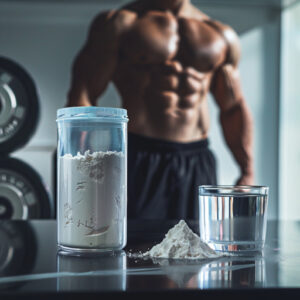
The Hype: Creatine Ethyl Ester
Creatine ethyl ester is marketed as a more effective form of creatine, supposedly with better absorption rates. However, studies show that it’s not superior to creatine monohydrate and may even be less effective. Stick with the tried-and-true monohydrate form.
Pre-Workout Supplements: The Energy Enhancers
What Works: Caffeine
Caffeine is a well-known performance enhancer. It can increase alertness, reduce the perception of effort, and improve endurance. Many athletes rely on a pre-workout dose of caffeine to get a competitive edge.

The Hype: Proprietary Blends
Many pre-workout supplements boast “proprietary blends” that supposedly contain a mix of supercharged ingredients. However, these blends often mask the exact amounts of each ingredient, which can be underdosed or ineffective. Always look for supplements with transparent labeling.
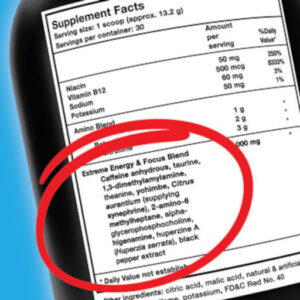
Branched-Chain Amino Acids (BCAAs)
What Works: BCAA Supplements
BCAAs (leucine, isoleucine, and valine) are essential amino acids that can aid in muscle recovery and reduce exercise-induced fatigue. They’re particularly beneficial during prolonged exercise or when training in a fasted state.

The Hype: BCAAs for Everyone
While BCAAs are useful, they’re not necessary for everyone, especially those who already consume adequate protein. For athletes with a balanced diet, additional BCAAs may not provide significant benefits over whole protein sources.
Beta-Alanine: The Endurance Enhancer
What Works: Beta-Alanine
Beta-alanine is an amino acid that can help buffer acid in muscles, reducing fatigue and improving endurance during high-intensity workouts. It’s especially effective for activities lasting one to four minutes, such as sprinting or high-intensity interval training.
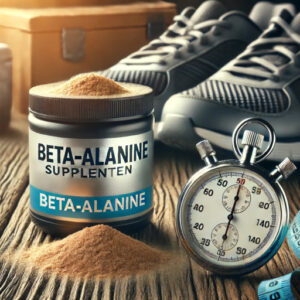
The Hype: Beta-Alanine Timing
Some claim that the timing of beta-alanine supplementation (e.g., taking it immediately before a workout) is crucial for its effectiveness. However, beta-alanine works by building up carnosine levels in muscles over time, so the exact timing of each dose is less critical.
Nitric Oxide Boosters: The Blood Flow Enhancers
What Works: L-Arginine and L-Citrulline
L-Arginine and L-Citrulline are amino acids that can boost nitric oxide levels in the blood, improving blood flow and potentially enhancing performance. L-Citrulline, in particular, is effective as it converts to L-Arginine in the body and raises nitric oxide levels more effectively.

The Hype: Beetroot Juice
Beetroot juice is often marketed as a nitric oxide booster due to its nitrate content. While it can improve blood flow and endurance, the taste and quantity required can be off-putting. Supplements containing nitrates or nitric oxide boosters might be more practical.

Vitamin and Mineral Supplements: The Essential Micronutrients
What Works: Vitamin D
Vitamin D is crucial for bone health, immune function, and muscle performance. Many athletes, especially those training indoors or living in areas with limited sunlight, can benefit from vitamin D supplementation.
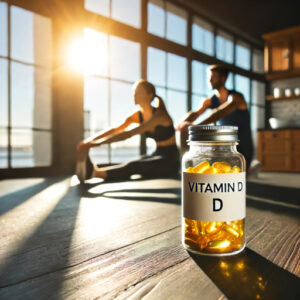
The Hype: Multivitamins
While multivitamins can be beneficial for those with specific deficiencies, they’re often unnecessary for athletes who maintain a balanced diet. Over-reliance on multivitamins can lead to neglecting whole food sources of nutrients.

Recovery Supplements: The Post-Workout Helpers
What Works: Tart Cherry Juice
Tart cherry juice is rich in antioxidants and has been shown to reduce muscle soreness and inflammation after intense exercise. It’s a natural way to aid recovery and improve sleep quality.

The Hype: Glutamine
Glutamine is an amino acid that’s claimed to aid in muscle recovery and immune function. However, research shows that its benefits for athletes are minimal, and it’s not as effective as other recovery supplements like protein or BCAAs.

Conclusion: Making Informed Choices
In the quest for peak performance, it’s easy to get swept up in the latest supplement trends. However, not all supplements are created equal. By focusing on well-researched options and maintaining a balanced diet, athletes can optimize their performance and recovery without falling for the hype. Always consult with a healthcare provider or nutritionist before starting any new supplement regimen to ensure it’s safe and appropriate for your specific needs.

Final Thoughts
Supplementation can be a valuable tool in an athlete’s arsenal, but it’s not a magic bullet. Real, sustained progress comes from consistent training, proper nutrition, and adequate rest. So, before you spend your hard-earned money on the latest supplement, take a moment to research and understand what truly works and what’s just clever marketing. Your body, and your wallet, will thank you.

